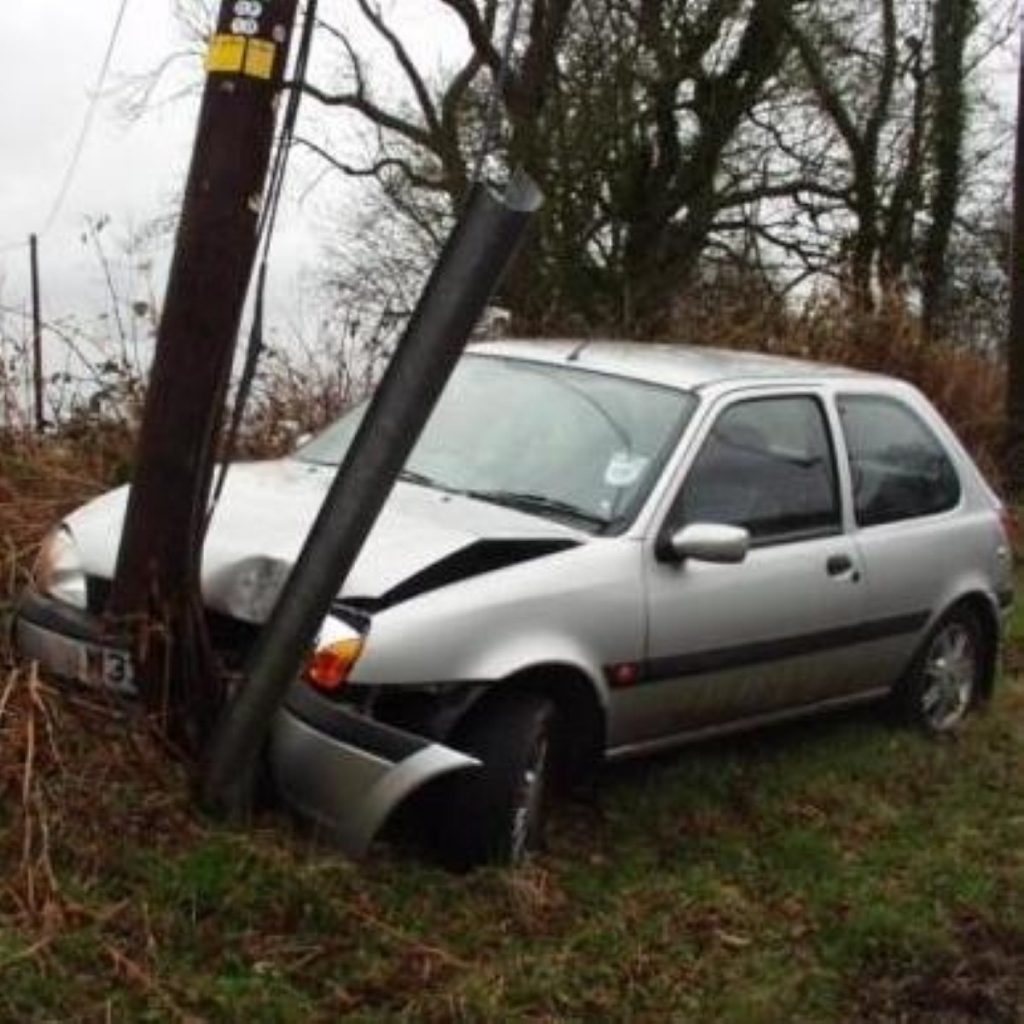Ban under-18s from the road, MPs call
The driving age should be raised to 18 to cut road accidents, a committee of MPs has warned.
The transport select committee said driver training needed to be “urgently reformed” and recommended bold measures to reduce the high level of accidents among younger drivers.
A report published today recommended the minimum age for sitting the driving test should be raised to 18, with drivers encouraged to undertake a year of practice first.
It also argued for a total ban on alcohol for novice drivers and said young motorists should not be allowed to carry passengers at night.


“We cannot continue to waste young lives,” said committee chair Gwyneth Dunwoody.
“Novice drivers are extremely vulnerable and pose considerable risks to their passengers and other road users. Our report recommends a wholesale reform of the driver licensing regulations. Anything less will not address the reality of the risks.”
Young drivers, especially teenage males, are consistently over-represented in accident figures.
The committee warned young male drivers have become the biggest killer of young women in the UK, with young men themselves three times more likely to be killed than young female drivers.
Last year, more than 1,000 people were killed in a crash involving a driver under 25 years old and nearly half of all drivers killed at night are under 25.
MPs recommended learner drivers receive more intensive training prior to taking their test. Road safety could be made part of the national curriculum, they suggested, while learner drivers could also be given motorway experience.
They warned the current risk assessment test has “severe limitations” and urged the Department for Transport (DfT) to look again at how it tests drivers’ hazard perception.
The report said: “There is consensus that the process of learning to drive must be improved if casualties are to be cut; if such reforms are to be successful, it is paramount that the quality of driving instruction be significantly raised.”
The committee heard evidence from police and other expert witnesses who said young men were more impulsive and “blind to their own fallibility”.
Ms Dunwoody added: “The implementation of the measures in this report would go a long way to improve the safety of young and novice drivers, and other road users.”
But, she said the government and police must first focus on enforcing existing traffic laws, claiming more than a million people are driving without a valid licence.
The road safety charity Brake welcomed the committee’s report and urged the DfT to enact its recommendations.
Cathy Keeler, head of campaigns at Brake, said: “This report makes vital reading for new ministers in the DfT and we hope to see the government action that is needed to stop the carnage among young drivers soon.
“We will continue to fight for life-saving measures for young drivers to be introduced, but we are essentially pleased that parliament is finally taking this problem seriously.”

